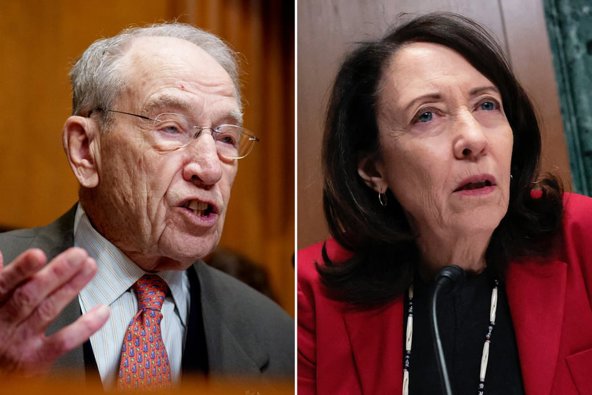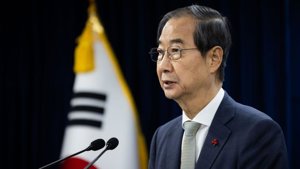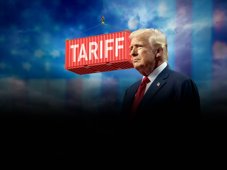
Senators Push Oversight on Tariffs
In a rare show of bipartisan unity, United States Senators Chuck Grassley of Iowa and Maria Cantwell of Washington introduced legislation on Thursday to bolster congressional oversight of the country’s tariff policy. The proposed bill would require the president to notify Congress within 48 hours of introducing new tariffs and would subject those tariffs to congressional approval within 60 days, or they would automatically expire.
Grassley, a Republican, and Cantwell, a Democrat, emphasized the need for balance and accountability in trade decisions that can have sweeping impacts on the national economy and global markets. "Trade policy is too important to be handled unilaterally," said Grassley, with Cantwell adding that "Congress must have a seat at the table when tariffs affect American businesses and consumers."
The legislation comes just one day after President Donald Trump announced a new wave of tariffs, including a 25% duty on all foreign-made automobiles and varying tariffs targeting specific countries. The announcement has already triggered responses from trade partners and stirred debate on Capitol Hill.
Lawmakers from both parties have expressed concerns that the executive branch holds too much power over trade policy, especially when it comes to imposing tariffs without prior consultation. Grassley and Cantwell’s bill aims to restore a measure of legislative oversight while preserving the president’s ability to act swiftly in emergencies.
Supporters of the bill argue that it strikes a necessary balance—ensuring rapid responses to foreign threats while protecting democratic checks and balances. Opponents, however, caution that the requirement for congressional approval could delay necessary trade action and potentially weaken the United States' negotiating position.
As the legislation moves forward, it is expected to generate significant discussion in both the House and Senate. The bill reflects growing unease in Washington over the long-term impacts of aggressive tariff strategies and a push toward reestablishing legislative input in trade policy formulation.
The debate comes amid broader tensions surrounding President Trump’s trade agenda, which has included sweeping tariffs in an effort to protect American industries and reduce trade deficits. Whether the proposed bill will gain enough momentum to pass remains to be seen, but it clearly signals a shift in the conversation about how trade decisions are made in the United States.






